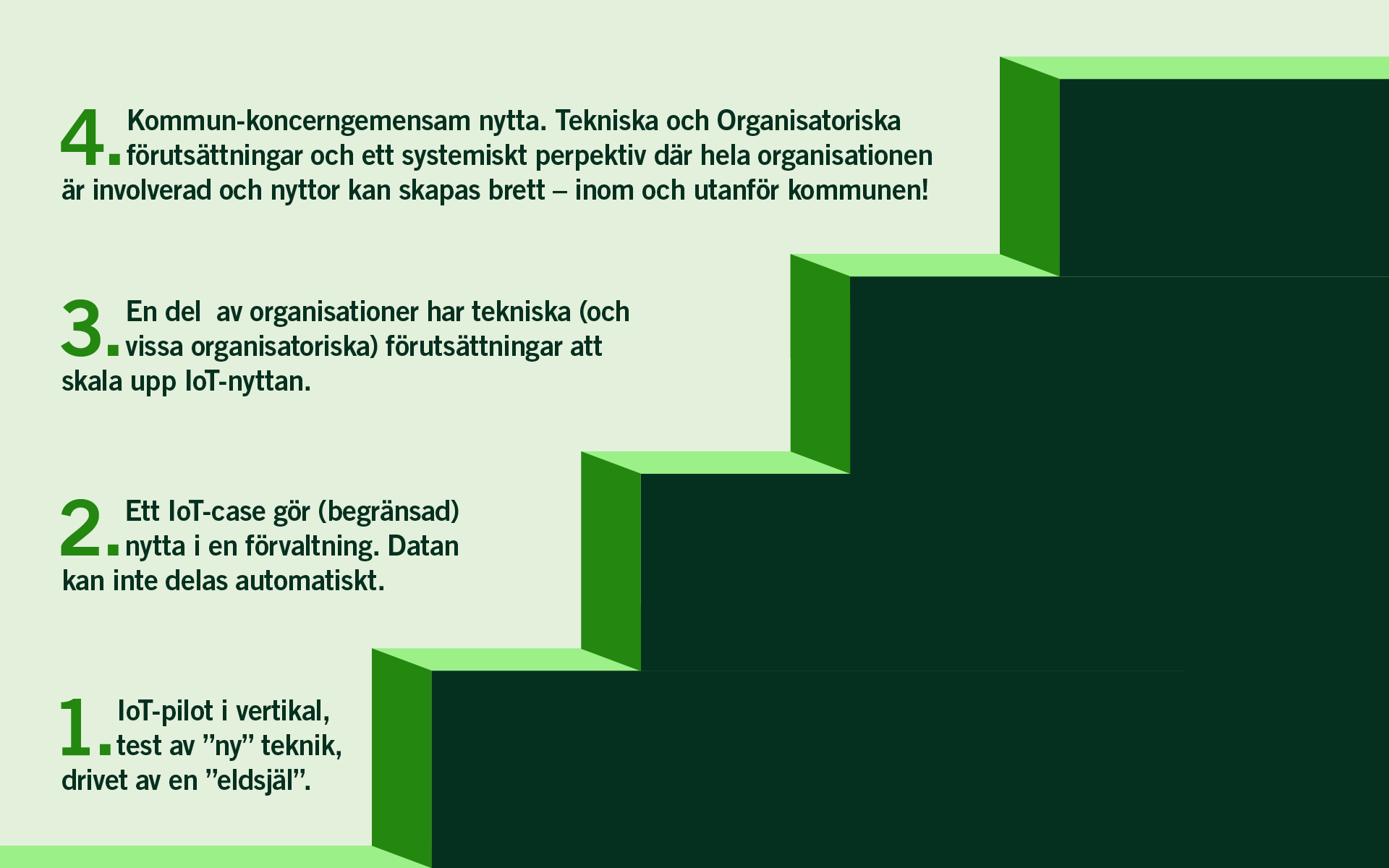Information
"Twin Transition” in Swedish municipalities and cities
A transformative force for a faster and deeper climate transition

"Twin Transition” in Swedish municipalities and cities
Go directly to the reportTo accelerate the climate transition and strengthen Europe's competitiveness, the EU has had high ambitions to achieve an integration of digital and climate transition – the so-called "twin transition". But how does the implementation work in practice? Experience from Swedish research- and innovation initiatives such as Viable Cities and Smart City Lab show that a twin transition is necessary to achieve the ambitious goal of climate neutrality by 2030. However, technical and organizational capacity such as system-oriented skills development and capabilities are required to succeed.
This policy brief is a compilation of research and experiences from European and Swedish cities on how digital and climate transitions can be integrated – that is, a twin transition, to enable a faster and deeper transition. Digital tools and IoT solutions are already contributing to climate work in the energy, transport, mobility and construction sectors.
However, achieving climate goals requires changes at both the sectoral and systemic levels. At the same time, the digital transition brings new sustainability challenges, such as increased energy consumption, risks of privacy breaches and other negative social consequences.
EU initiatives, including European Green Deal and Competitiveness Compass, offer strategies and financial support to promote twin transition. But how well does this work in practice?

A review of experiences from Swedish municipalities and cities shows that organizational conditions and the issue of competence are crucial to achieving the digital maturity required to accelerate and deepen the climate transition. Both hard and soft digital infrastructure are required, as well as organizational conditions and capacity to achieve results.
- Published
- 2025-May
- Series number
- Publisher
- Vinnova
- Author
- Thomas Bergendorff, Nannan Lundin & Marcus Nyberg
- ISBN
- ISSN
- Number of pages
- 7
Last updated 16 May 2025

